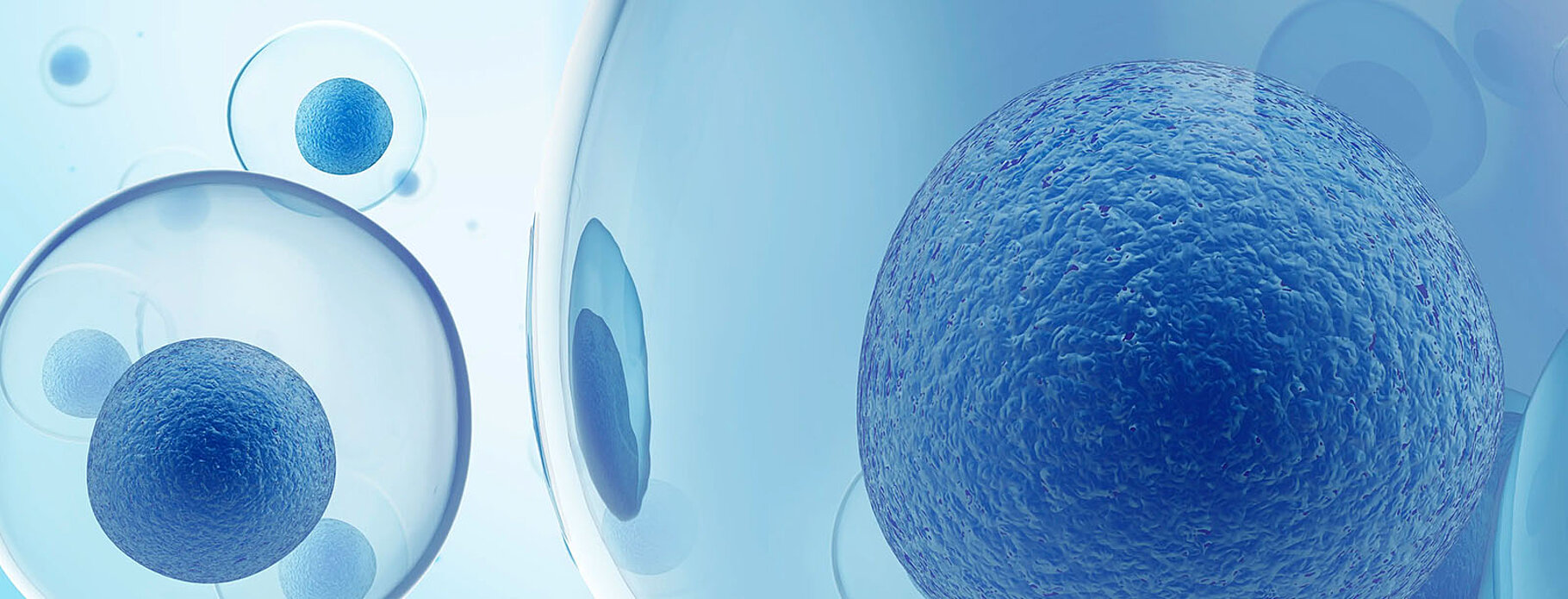mRNA processing
Team Leader : Clement CHARENTON

The Department of Integrated Structural Biology (ISB) develops cross-disciplinary research at the interfaces of biology, biochemistry, physics, and medicine. The department addresses several thematic axes covering the regulation of gene expression, epigenetics, cell and developmental biology, pathological mechanisms, and molecular medicine. The 12 teams of the department aim at understanding the molecular and atomic mechanisms of physiological or pathological processes by correlating the structural information with the functional properties of their molecular components. Complex biological systems are analyzed by a combination of methods to integrate spatial, temporal, and functional dimensions.
The ISB department is strongly involved in the creation, organization, animation, and coordination of teaching programs focused on structural biology, structural bioinformatics, and biophysics (bachelor, master, doctoral levels at UNISTRA). In addition, the department invest substantial time and resources into an active and well targeted training programs at the national (FRISBI/ReNaFoBiS schools) and international level (INSTRUCT-ERIC workshops).
Teams are housed at the IGBMC Centre for Integrative Biology (CBI), hosting the integrated structural biology platform which includes the national FRISBI infrastructure and the European infrastructure Instruct-ERIC and iNext-Discovery giving access to a multidisciplinary environment including structural biocomputing and model building, production and characterization of biomolecules as well as structure determination tools : X ray diffraction, Nuclear Magnetic Resonance and Electron Microscopy.
Several aspects of the fundamental biological mechanisms governing cellular processes are studied, including fundamental mechanisms by which genetic information is expressed and regulated at the levels of transcription and mRNA translation, key components of the transcription machinery such as transcriptional activators like nuclear hormone receptors, basic transcription factors TFIID and TFIIH, and transcriptional co-activators or co-repressors. We study complexes that remodel chromatin, interact with nucleosomes, and those that write, read, and erase epigenetic marks. Insights into genome organization and stability are derived from structural studies of enzymes that regulate the topology of DNA, the integration of foreign DNA, the repair of damaged DNA as well as cellular functions hijacked by viral proteins. Mechanism involved in cell physiology are studied through biomolecular condensates in the nucleus as well as molecular mechanisms involved in movement along cytoskeletal tracks carried out by motor proteins.
By studying the pathways that lead to human pathologies on highly purified systems and by providing atomic structures of target biomolecules, the ISB department contributes to target identification, lead compound characterization and rational drug design.
Team Leader : Clement CHARENTON
Team Leader : Florian FAESSLER
Team Leader : Bruno KIEFFER
Team Leader : Bruno KLAHOLZ
Team Leader : Valerie LAMOUR
Team Leaders : Adam BEN SHEM , Gabor PAPAI
Team Leader : Helgo SCHMIDT
Team Leader : Gilles TRAVE
Team Leader : Albert WEIXLBAUMER
Subgroup Leader : Marc-André DELSUC
Subgroup Leader : Bruno KIEFFER
Subgroup Leader : Jocelyn CERALINE
Subgroup Leader : Valerie LAMOUR
Teams : Regulation of DNA topology
Subgroup Leader : Nicolas LEVY
Teams : Regulation of DNA topology
Subgroup Leaders : Adam BEN SHEM , Gabor PAPAI
Teams : Transcription co-activators
Subgroup Leader : Arnaud POTERSZMAN
Teams : Transcription co-activators
Subgroup Leader : Mariel DONZEAU